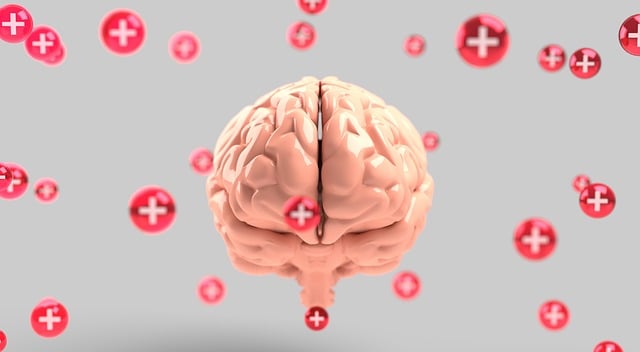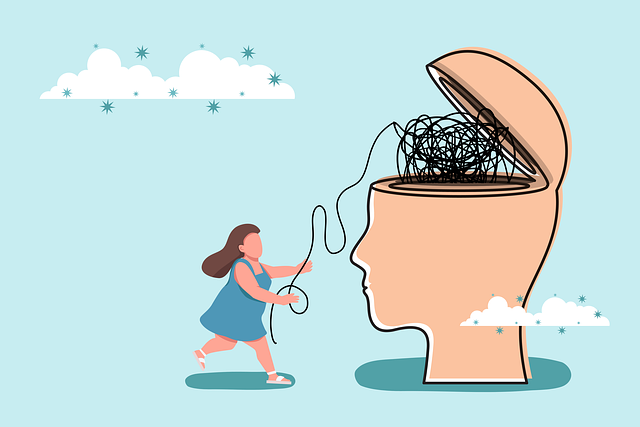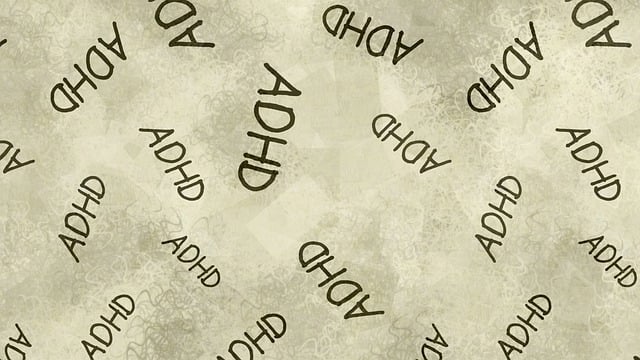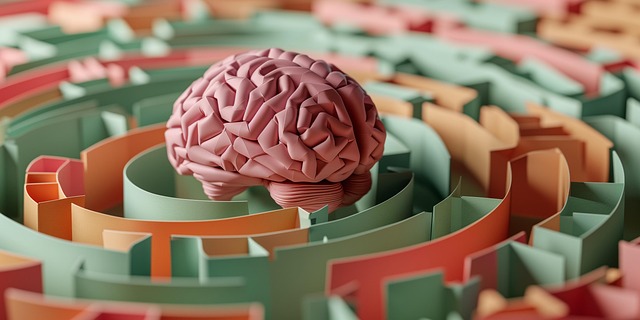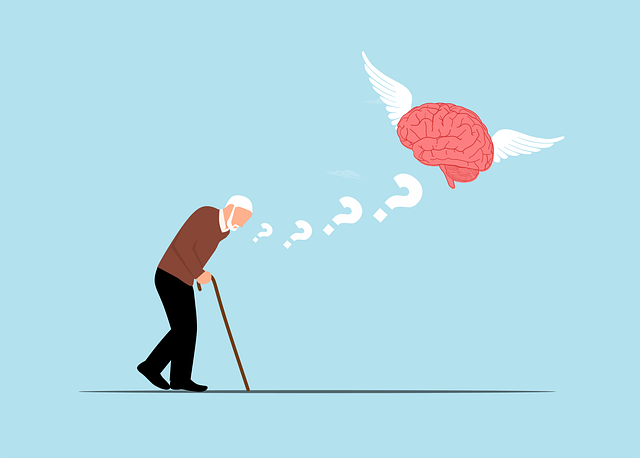TL;DR:
The Recovery-Focused Methodology (RFM) offers a tailored, holistic approach to treating adolescent teens with eating disorders, shifting focus from illness to emotional healing. RFM combines evidence-based practices like cognitive-behavioral techniques, mindfulness, and creative therapies to build resilience, emotional intelligence, and self-acceptance. Therapists regularly assess progress through open communication check-ins, adjusting treatment plans as needed. This dynamic approach ensures each teen receives personalized support for their unique recovery journey, fostering mental wellness and improving quality of life.
“Unleashing resilience is a powerful tool in the fight against eating disorders among adolescent teens. This article delves into the innovative approach of integrating RFM (Recovery Capital Model) exercises, specifically tailored for teen eating disorder treatment. We explore how understanding RFM can revolutionize therapy by fostering adaptability and recovery.
Through comprehensive insights, we guide professionals in identifying effective resilience-building activities, offering practical strategies for implementation. Learn essential techniques to measure progress, adjust treatments, and ultimately enhance long-term recovery outcomes for young individuals navigating these challenges.”
- Understanding RFM and Its Role in Eating Disorder Treatment for Teens
- Identifying Resilience Building Exercises: A Comprehensive Approach
- Implementing RFM Exercises: Strategies for Success
- Measuring Progress and Adjusting the Treatment Plan
Understanding RFM and Its Role in Eating Disorder Treatment for Teens

Understanding RFM (Recovery-Focused Methodology) is essential in the context of therapy for adolescent teens suffering from eating disorders. This approach prioritizes recovery and resilience, shifting the focus away from the illness towards fostering emotional healing processes. By implementing RFM, mental health professionals can create a supportive environment that encourages teens to explore their feelings, develop healthy coping mechanisms, and build a positive sense of self-worth.
In the realm of eating disorder treatment, RFM plays a pivotal role in risk assessment for mental health professionals. It helps identify the unique needs and strengths of each teen, allowing for personalized interventions. The methodology promotes mental health awareness by empowering teens to take control of their recovery journey. Through RFM, therapy sessions become dynamic, engaging, and goal-oriented, ultimately contributing to improved outcomes and a better quality of life for young individuals navigating these challenges.
Identifying Resilience Building Exercises: A Comprehensive Approach

Identifying Resilience Building Exercises requires a comprehensive approach tailored to the unique needs of adolescent teens struggling with eating disorders. This process involves understanding the individual’s current emotional state, past experiences, and specific triggers that contribute to their disordered eating patterns. Therapists should incorporate diverse strategies, such as cognitive-behavioral techniques, mindfulness practices, and social skills training, to foster emotional healing processes and boost confidence.
A holistic approach, incorporating both individual therapy sessions and group activities, can significantly enhance resilience. Confidence-boosting exercises, for instance, can empower teens to challenge distorted thoughts and beliefs about body image. Additionally, engaging in creative outlets like art or music therapy can offer alternative means of expression, promoting emotional regulation and self-acceptance. These comprehensive methods cater to the multifaceted nature of eating disorders, aiming to equip adolescents with the tools necessary for long-term recovery.
Implementing RFM Exercises: Strategies for Success

Implementing RFM (Resilience, Flexibility, and Mindfulness) exercises is a powerful strategy to enhance mental wellness among adolescent teens struggling with eating disorders. These evidence-based practices are designed to help individuals build emotional intelligence and emotional regulation skills, which are crucial in managing symptoms and improving overall resilience. Therapists can incorporate various techniques such as mindfulness meditation, cognitive reframing, and stress management tools tailored to each teen’s unique needs.
In the context of Therapy for Adolescent Teens Eating Disorders, RFM exercises can be seamlessly integrated into therapeutic sessions or even outside of traditional therapy settings through a Mental Wellness Podcast Series Production. Engaging in regular practice promotes self-awareness, fosters emotional agility, and empowers teens to navigate triggers and challenges more effectively. By combining these exercises with professional guidance, adolescents can develop healthier coping mechanisms, leading to improved emotional regulation and, ultimately, better outcomes in their recovery journey.
Measuring Progress and Adjusting the Treatment Plan

Measuring progress is a crucial aspect of any therapeutic journey, especially when addressing eating disorders in adolescent teens. In therapy for adolescent teens with eating disorders, tracking improvements can be done through various methods tailored to each individual’s needs. This may include regular check-ins with therapists, where open communication strategies are employed to discuss feelings, behaviors, and goals. By fostering a safe space for honest expression, adolescents can reflect on their mental wellness and the progress made in treatment.
Adjustments to the treatment plan become necessary based on these evaluations. If positive thinking and resilience-building exercises prove effective, therapists may incorporate more challenging activities to further enhance recovery. Conversely, if certain aspects of therapy are not yielding desired results, a change in approach or additional support strategies can be implemented. This dynamic process ensures that each adolescent receives the most suitable care for their unique journey towards overcoming eating disorders.
Resilience is a powerful tool in the fight against eating disorders among adolescent teens. By implementing RFM exercises, as discussed in this article—from understanding their role to measuring progress—therapists can empower young individuals to navigate challenging situations and maintain their mental health. This comprehensive approach not only aids in recovery but also fosters a sense of empowerment, enabling teens to thrive despite life’s obstacles. With the right strategies, therapy for adolescent teens with eating disorders can be transformative, leading to lasting resilience.
